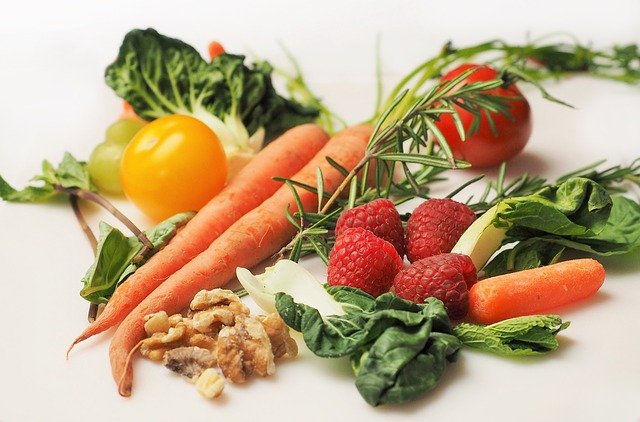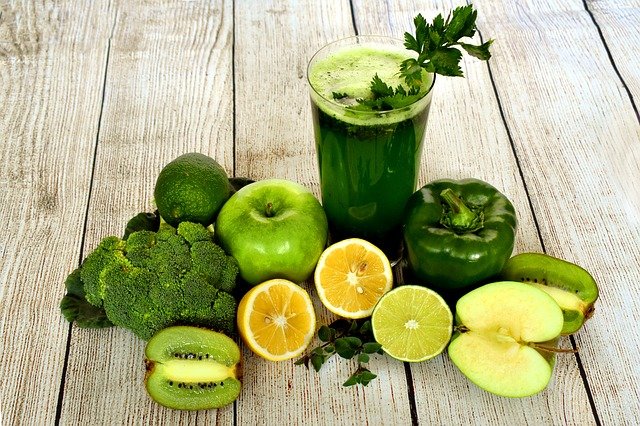
Antioxidants prevent oxidation of cells
Antioxidant is that which minimizes or prevents oxidation : the process caused by an oxidizing agent when, when reacting with another substance, it generates oxide (a compound derived from the combination of oxygen with a metalloid or metal). The term antioxidant can be used as an adjective or as a noun.
Prevents oxidation
The substance that prevents or delays the oxidation of other molecules is called an antioxidant. It may be a natural element or produced by humans that, due to its characteristics, helps reduce the damage suffered by cells .
Vitamin C , selenium , and beta carotenes are examples of antioxidants. Many of them are present in vegetables and fruits , so the inclusion of these foods in the diet is beneficial for the body.
It should be noted that oxygen is essential for the life of most living organisms on this planet, but at the same time it is a considerably reactive molecule that can cause harm to them. That is why we have antioxidant enzymes and metabolites , which are responsible for preventing said damage to the most important components of our body.
free radicals
What antioxidants do is prevent the deterioration caused by free radicals , which are molecules generated within the framework of metabolism. Free radicals, which have an unpaired electron and are unstable, are involved in the outbreak of various diseases : thus, a diet rich in antioxidants contributes to preserving health.
Free radicals cause oxygen, which is necessary for life but is also very reactive, to enter cells, generating their oxidation. Thus, aging - the deterioration of cells - naturally develops progressively.
By incorporating the appropriate amount of antioxidants through food or dietary supplements, excess free radicals are eliminated. This is because antioxidants release electrons into the blood , causing free radicals to acquire them and achieve stability. This achieves a mitigation of the effects of old age and, consequently, an increase in life expectancy.
Origin of the concept
Originally, this term was used to refer specifically to a chemical whose action was to prevent oxygen consumption . Almost in the 20th century and throughout its beginnings, scientists carried out various studies with the aim of discovering the potential uses of antioxidants in industrial processes of great importance, such as the vulcanization of rubber and treatments to prevent corrosion of the rubber. metal.

We find antioxidants in vitamins A, C and E
In the field of biology, the first approach was rancidity, more precisely the application of antioxidants to prevent the cause of this phenomenon : the oxidation of unsaturated fats. To measure its activity, it was enough to put the fat and a certain amount of oxygen in a closed container, and then measure the percentage of consumption that occurred over time. But the real milestone for biochemistry took place when vitamins A, C and E were identified within this group, a discovery that represented a true revolution.
When scientists discovered that substances with antioxidant activity are those that are likely to oxidize themselves easily, they began to investigate the possible functioning of antioxidants. While studying how vitamin E prevented lipid peroxidation, they learned that antioxidants are reducing agents that often scavenge active oxygen species before they cause damage to cells .
